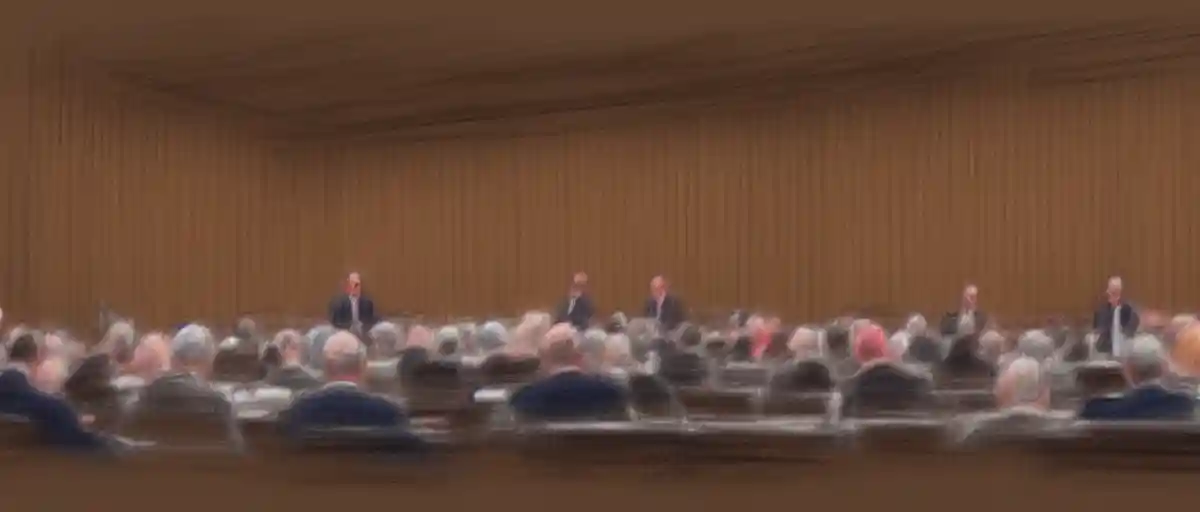This Might Catch Your Attention Too:
The recent call to reconsider the landmark New York Times v. Sullivan ruling by Supreme Court Justice Clarence Thomas has sparked a heated debate about free speech. Thomas has argued that the ruling’s standard for proving libel against public figures has made it difficult for them to pursue defamation claims, while legal experts counter that the ruling’s protection of a free press is essential to democracy.
On the one hand, Thomas’ argument has merit. False statements made with actual malice should not be protected by the First Amendment, especially if they harm public figures. The media must be held accountable for spreading false information, and defamation claims can help discourage irresponsible journalism.
However, the New York Times ruling has protected the press from government censorship and allowed for robust public debate on important issues. It has been instrumental in exposing government corruption and wrongdoing, and it ensures that those in power can be held accountable.
It is a delicate balance- protecting both free speech and individual rights. We must ensure that public figures are not falsely maligned, but also that the press can operate freely without fear of government retaliation. The importance of a free press cannot be overstated in a democracy; it is a necessary check on those in power.
In the end, the Supreme Court should carefully consider both sides before making any changes to the New York Times v. Sullivan ruling. A ruling that protects both free speech and individual rights should be the goal.
Here's A Video We Thought You Might Also Like:
Author Profile

- I'm a tech enthusiast and a news junkie, with a keen interest in the intersection of technology and politics. My articles delve into the latest innovations in political campaigning and digital democracy.
Latest entries
 Breaking News2023.12.15White House Makes Bold Move to Combat Climate Change
Breaking News2023.12.15White House Makes Bold Move to Combat Climate Change Breaking News2023.12.14Explosive Revelation President Biden’s Secret Connection to Son’s Business Deals Exposed!
Breaking News2023.12.14Explosive Revelation President Biden’s Secret Connection to Son’s Business Deals Exposed! Breaking News2023.12.14Impressive Rise in Fentanyl Deaths Among Older Americans – Are We Ignoring a Silent Epidemic
Breaking News2023.12.14Impressive Rise in Fentanyl Deaths Among Older Americans – Are We Ignoring a Silent Epidemic Breaking News2023.12.13Unimaginable Controversy Surrounding Nikki Haley’s China Connection Raises Alarming Questions
Breaking News2023.12.13Unimaginable Controversy Surrounding Nikki Haley’s China Connection Raises Alarming Questions






